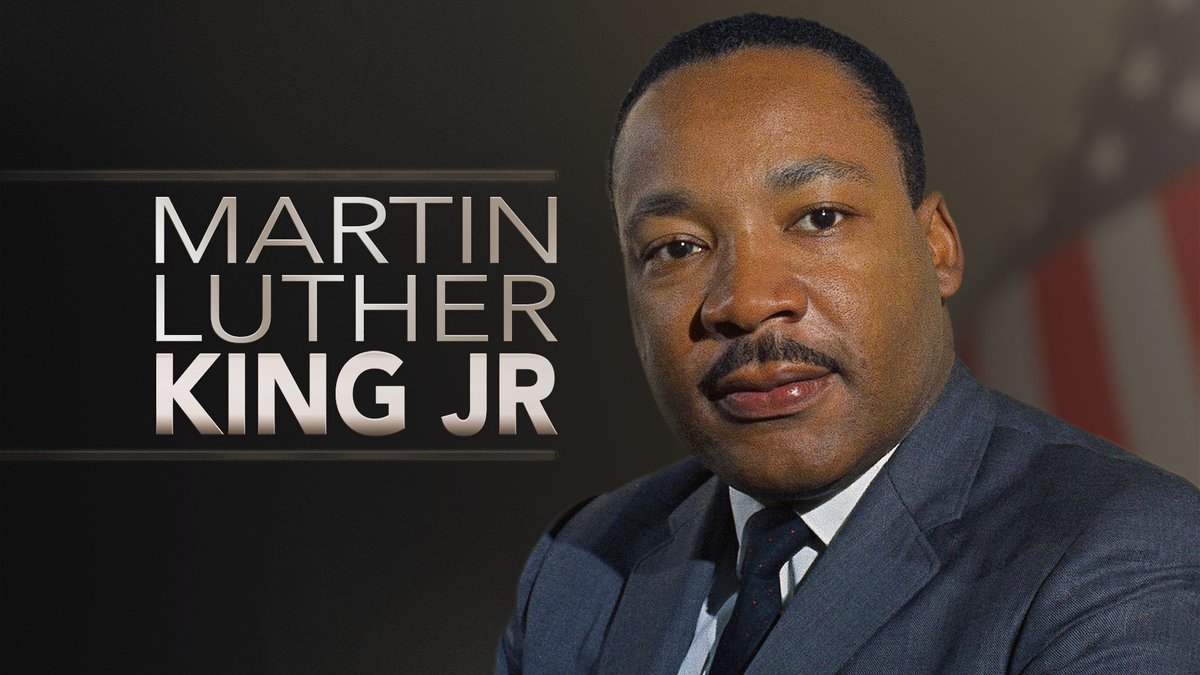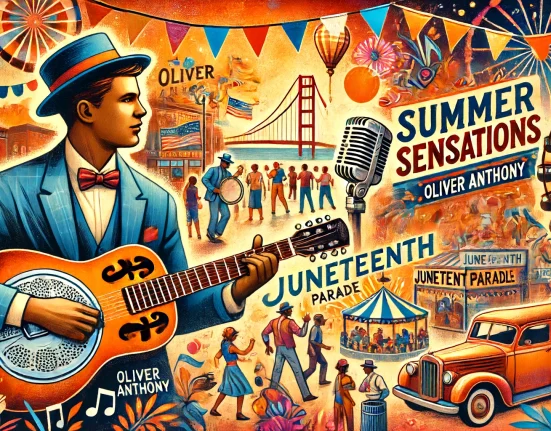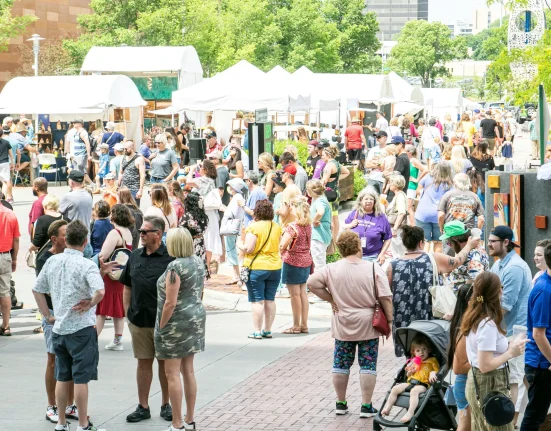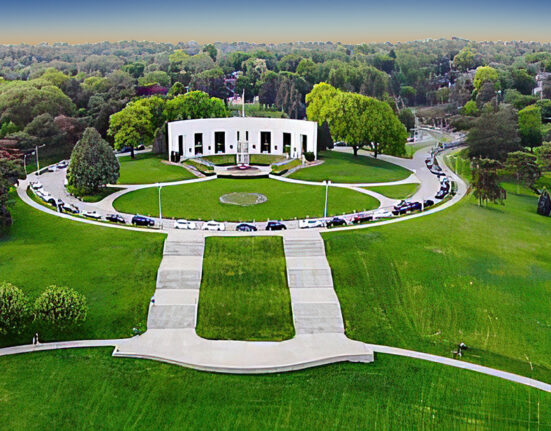The Civil Rights Movement of the 1950s and 60s was a pivotal moment in American history, and Omaha, Nebraska was no exception. The city played a significant role in the fight for equal rights for African Americans, and the impact of the Civil Rights Movement can still be felt in Omaha today.
One of the most notable figures in the Civil Rights Movement in Omaha was Martin Luther King Jr. King visited the city in 1962, where he led a march through North Omaha to protest discrimination in housing and education. This march, which was met with some resistance, helped to bring attention to these issues and ultimately led to the desegregation of schools in the city. King’s message of nonviolence and unity resonated with many in Omaha, and his visit had a lasting impact on the city.
In addition to King’s activism, the Civil Rights Movement in Omaha was also driven by local leaders and organizations. The Omaha chapter of the Congress of Racial Equality (CORE) was particularly active, organizing boycotts of white-owned businesses that refused to hire African Americans. These boycotts were successful in getting several businesses to change their hiring practices, providing more opportunities for African Americans in the city.
The Civil Rights Movement in Omaha also focused on voting rights for African Americans. Many in the African American community had been denied the right to vote due to discriminatory practices such as literacy tests. Activists in Omaha worked to eliminate these barriers, leading voter registration drives and fighting for the passage of voting rights legislation.
Despite the progress that was made during the Civil Rights Movement, Omaha still faced significant racial tension and inequality. After the assassination of Martin Luther King Jr. in 1968, many in the African American community felt that progress had slowed, and that not enough was being done to address ongoing issues of discrimination and inequality.
Today, the legacy of the Civil Rights Movement in Omaha can still be seen in the city. The desegregation of schools and the increased opportunities for African Americans in the workforce have helped to create a more diverse and inclusive community. However, there is still work to be done to address ongoing issues of discrimination and inequality. The Civil Rights Movement serves as a reminder of the progress that can be made when people come together to fight for justice and equality.
As we look back on the Civil Rights Movement in Omaha, it’s important to remember the sacrifices and contributions of the individuals and groups who fought for equality. The movement was not just about laws and policies, but about changing hearts and minds. It was about challenging the status quo and standing up for what is right. One of the most powerful symbols of the Civil Rights Movement in Omaha is the sculpture of Martin Luther King Jr. that stands in the heart of downtown. The sculpture serves as a reminder of King’s visit to the city and the impact of his message of nonviolence and unity. It also serves as a reminder of the ongoing fight for equality and justice.
It’s also important to remember the contributions of local leaders and activists who worked tirelessly to bring about change in Omaha. People like the Rev. George W. Davis, the Rev. Dr. James E. Washington, and the Rev. Dr. Frederick D. Reese, who were deeply involved in the Civil Rights Movement in Omaha and played a vital role in the struggle for equal rights.
The Civil Rights Movement in Omaha was not just a moment in history, but a continuous process. The fight for equality and justice continues today, as we work to address ongoing issues of discrimination and inequality in the city. The Civil Rights Movement serves as a reminder that we must remain vigilant and continue to work towards a more just and equal society.
In conclusion, the Civil Rights Movement played a significant role in shaping Omaha, Nebraska. It was driven by local leaders, activists, and organizations, as well as figures like Martin Luther King Jr. The movement helped to bring about desegregation, increased opportunities for African Americans, and voting rights. The memory of the movement should be kept alive and the ongoing work to achieve equal rights and justice should be continued. We must remember the sacrifices and contributions of those who fought for equality, and continue to work towards a more just and equal society for all.
It’s important to remember that the Civil Rights Movement was not just about legislation and policies, but about changing hearts and minds. The movement brought people together, united in their fight for justice and equality. It was a time when individuals stood up for what was right, despite the challenges and obstacles they faced.
As we remember the Civil Rights Movement in Omaha, let’s also remember that the fight for equality and justice is ongoing. We must continue to work towards a more inclusive and equitable society for all. Let’s honor the legacy of Martin Luther King Jr. and the many other civil rights leaders and activists who fought for change in Omaha by committing ourselves to the ongoing work of creating a more just and equal society.







Leave feedback about this